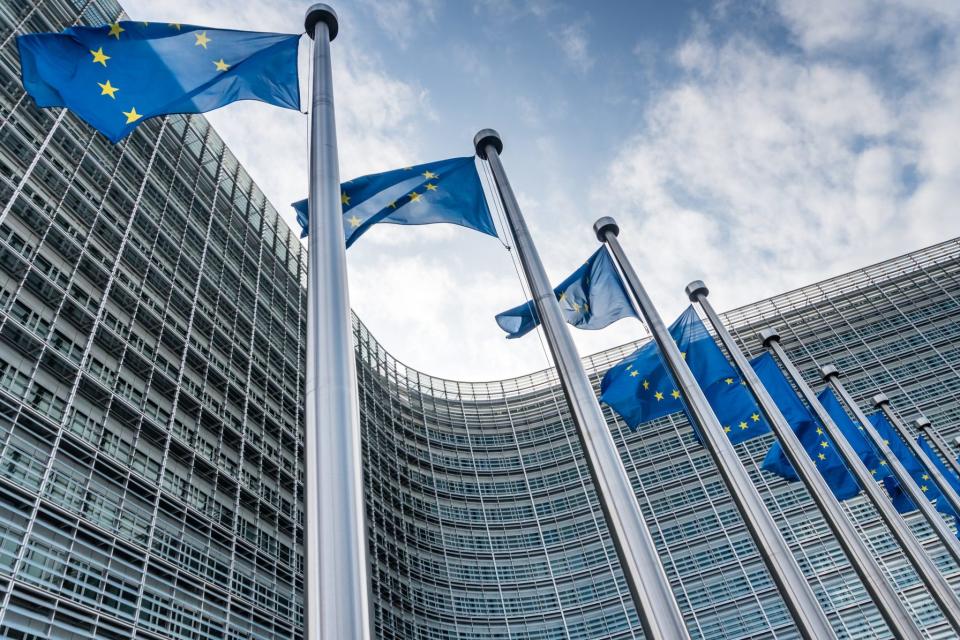AI is helping startups scale at a rapid pace, boosting the entrepreneurial ecosystems of one-time laggards Italy and Belgium

Good morning,
If Silicon Valley is the place to be to learn about AI and its Big Tech owners, Brussels is a great place to understand tech policy and, increasingly, how AI is shaping startups and the ways in which they scale.
This week, Microsoft felt the long arm of European tech competition authorities. In what looked like a blast from the past, the world’s largest company by market cap decided to stop bundling its Teams app and its Office software globally. That decision followed its unbundling of the offerings in Europe last year, which headed off an EU antitrust action.
But there are other lessons for tech companies to learn in Brussels, and more broadly, in Belgium.
The Financial Times reported last week that Belgium was among the 10 most represented nations in its ranking of Europe’s 1,000 fastest growing companies for the first time, led by BeInfluence Europe, Logistics Capital Partners, and Techwolf.
In the same ranking, Italy, often seen as an economic laggard and home to many geriatric CEOs, had by far the most fast-growing companies in Europe, beating out the U.K., Germany, and France. Italy's cohort is led by Bidberry, The Sense Experience Resort, and WECO.
The surprising dominance of Belgium and Italy defies the assumption that the AI era is a “winner-take-all” business landscape, in which only behemoths like Microsoft, Alphabet and other “Magnificent Seven” tech firms will succeed. Belgian and Italian companies are typically SME-sized, as opposed to the large multinationals often found elsewhere in Europe.
I asked Jürgen Ingels, founder and funder of several fast-growing Belgian tech companies—payments company Clear2pay, game developer Crazygames—to explain the success of his (and my) home country. He pointed to classic components: a government that gets out of the way and entrepreneurs that create not just one firm but an entire startup ecosystem.
And he talked about how AI was allowing startups to scale at an unheard-of pace.
“Business models are changing,” he said. “I see tech companies with 10, 20, 30 people and a high EBITDA automating their back office. It’s not about capital anymore. It’s about creativity. That’s what makes it interesting. You don’t have to be in Silicon Valley anymore.”
On a related note, If you don’t buy into the AI hype cycle, watch Jon Stewart’s Monday segment on “the false promise of AI.” The comedian doesn’t believe the dominant corporate AI narrative and quotes everyone from Satya Nadella to Sam Altman to make fun of those—like me—who do.
More news below.
Peter Vanham
peter.vanham@fortune.com
@petervanham
This story was originally featured on Fortune.com

 Yahoo Finance
Yahoo Finance 